Flashback: Chuckie O'Brien pounds on this journalist's door after Jimmy Hoffa vanishes
Jo Thomas was a Free Press reporter in the 1970s who exposed, among other stories, underworld corruption in the Detroit trucking industry. She went on to cover news in Haiti, Cuba, Northern Ireland and among American white nationalists during a 25-year career at The New York Times. The following is an excerpt from her new memoir, “Striving: Adventures of a Female Journalist in a Man’s World, a True Story.”
It’s the middle of June 1973, and the phone is ringing as I walk in the door from work. Chuckie O’Brien, a Teamster and protégé of Jimmy Hoffa, is on the line. I met him months ago at a Teamsters Local 299 hall when talking with PR man Hal DeLong. Afterward, O’Brien surprised me with an invitation to coffee. I surprised myself by saying yes.
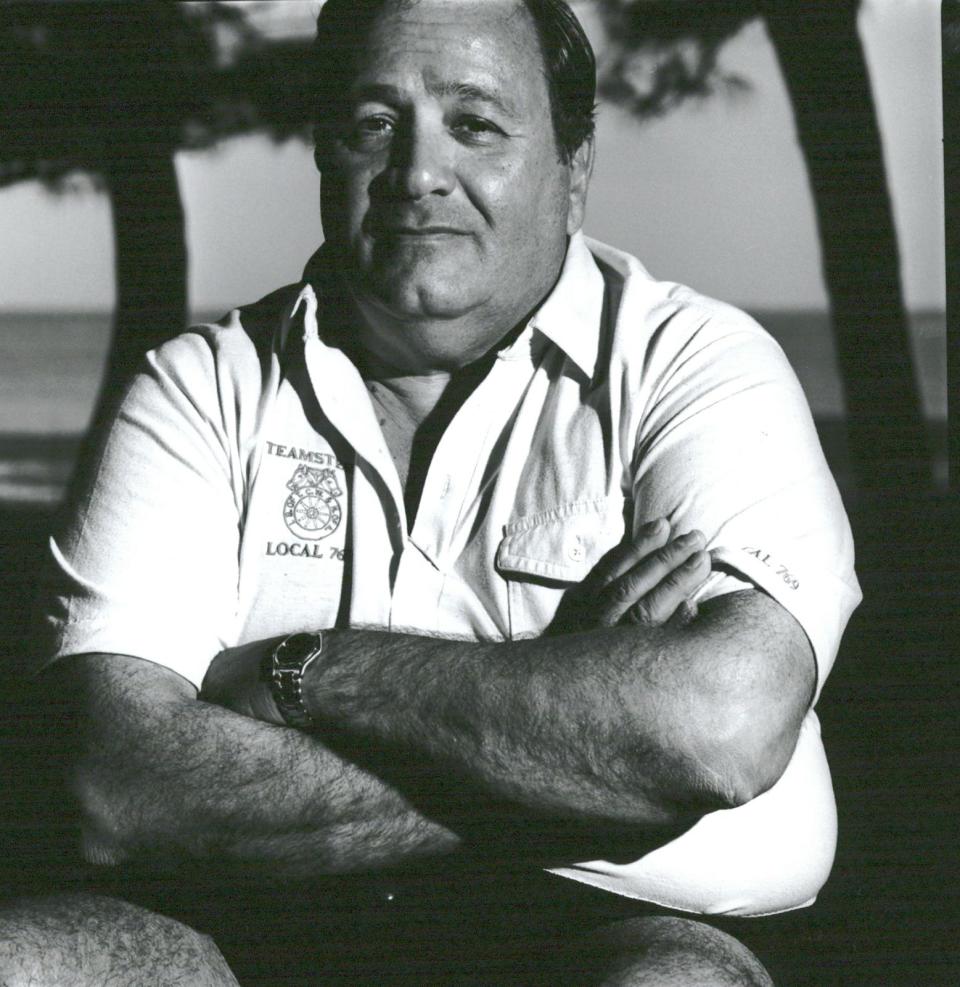
I’ve seen him off and on since then but know little about him, only that he lives somewhere in Detroit. He is divorced, with kids. Although his looks are intimidating ― he is short, wide and tough looking ― he has a great laugh. He is also close to the Mafia figures in the trucking story I am pursuing, or so he says.
He calls the reputed mob enforcer Anthony Giacalone “Uncle Tony,” and once casually mentioned that Vincent Meli, the Mafia don, is godfather to one of his children. I should run from him. Instead, I have a notion that Chuckie can be a barometer for the danger I am facing. If not, he may see me as a human being who should not be killed. I have no idea how wrong I am on both counts. I am a rabbit among wolves.
Looking back today, I do not know why I am still alive. It’s possible the angel who saved me as a toddler when I ran away from my parents on a moving train has kept protecting me.
My acquaintance with Chuckie is episodic. I will not see or hear from him for months, and then he will turn up and call me for dinner or a movie. I have taken him to a couple of foreign films. He does not like the ones by Ingmar Bergman.
At this time in Detroit, I am in love with another man, so there is no chance of romance with Chuckie, at least not for me, but I am naïve. Seeing him at all is dangerous for me, but also bad for my reputation. I’m sure the police are watching him.
The last time I saw Chuckie before this call in June was on the TV news, fighting the organizing efforts of Cesar Chavez and the farmworkers in the fields of California. The Teamsters are cozy with the growers who employ the farmworkers. Their efforts to drive off Chavez and his organizers are often violent and repugnant to me.
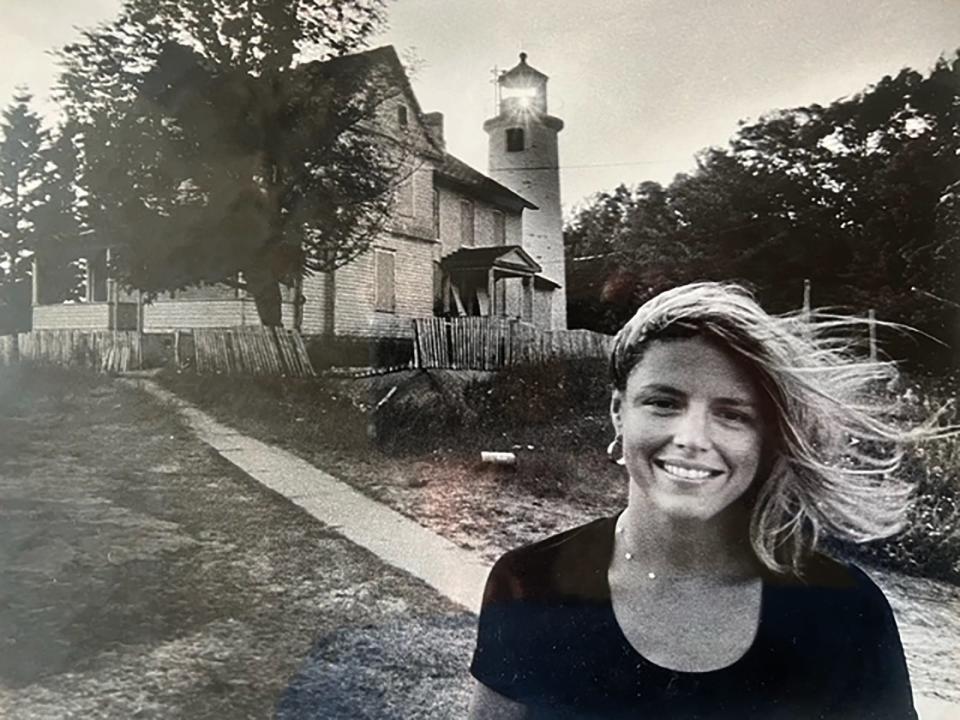
On this call, O’Brien tells me he’s just returned from the docks in Cleveland.
“Be careful,” he says. “There are a thousand Sicilians out to get you.” He laughs. “Watch your head. It’s the only way to watch your ass.”
He says he is taking a plane to Toronto and will call me later. “Be careful,” he repeats.
Hoffa vanishes
It’s July 30, 1975, and Chuckie O’Brien is pounding on my door in the middle of the night. I am living alone in Grosse Pointe, in a second-floor condominium I’ve recently bought. I am surprised to see him, but I let him in. He seems excited but not distraught.
He tells me Jimmy Hoffa is missing, the family is upset, and he has no clue what has happened. Earlier this day, he says, he was at Teamsters Local 299 when a gift arrived by freight from a Teamster official is Seattle, addressed to Bobby Holmes, the head of Teamster Local 337. Holmes lives in the Detroit suburb of Farmington Hills.
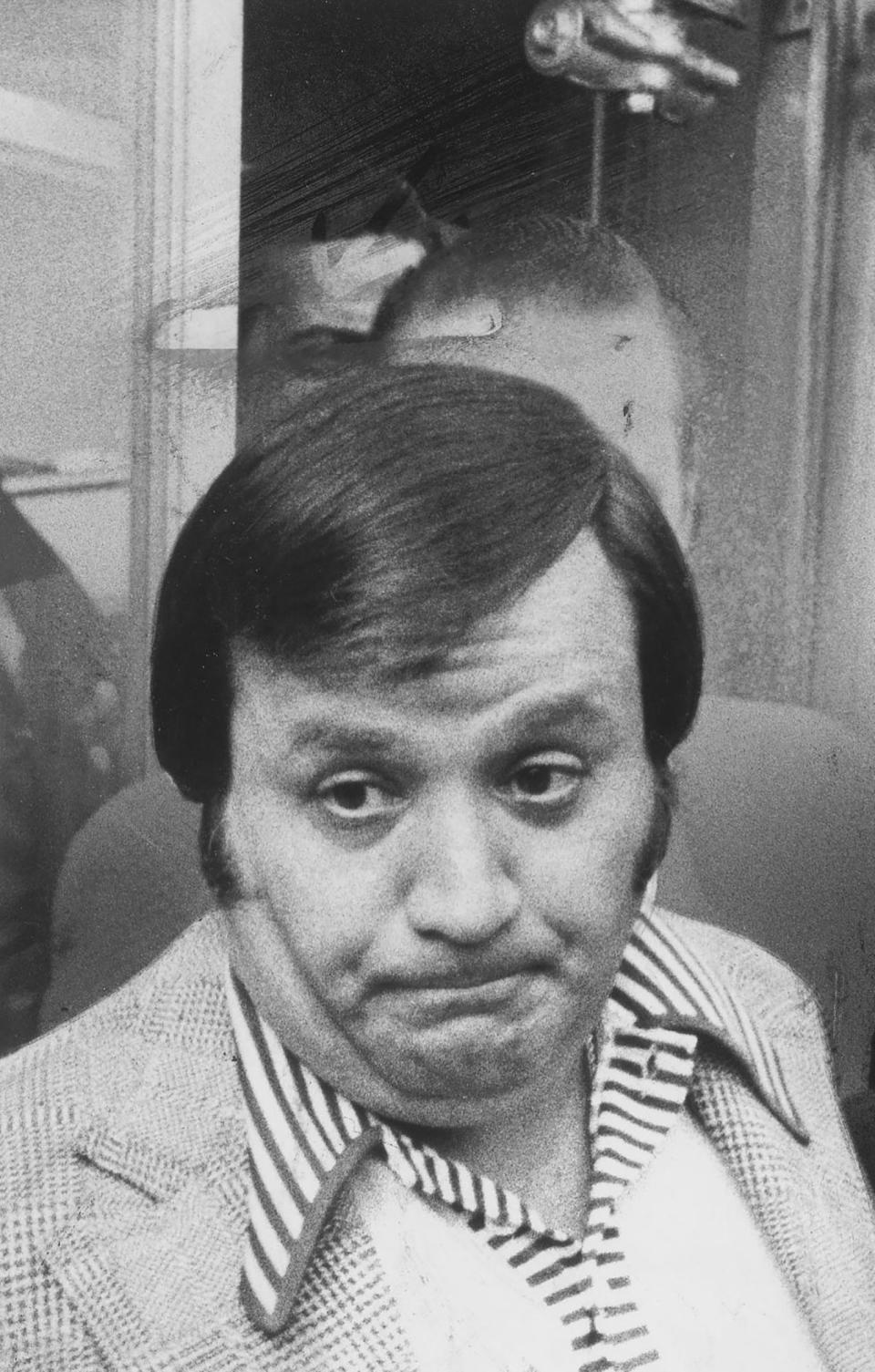
The gift was a large frozen salmon, packed in plastic and shipped in a box packed with ice. The ice was melting, so the frozen fish needed to be delivered as quickly as possible. O’Brien tells me he was asked to deliver it. However, he does not own or have access to a car.
O’Brien tells me he called his friend Joe Giacalone, the son of Chuckie’s “Uncle Tony” Giacalone, the Mafia figure, and asked to borrow Joe’s car to run the errand. Chuckie put the fish in the back seat, and it made a mess of the car.
It’s a strange story, told in the middle of the night by a man who scares me more than a little, and if Hoffa really has disappeared, this is a huge story. I ask Chuckie if I can put him on the phone right away with Ralph Orr, my colleague at the Free Press who is the senior labor reporter and an expert on the Teamsters. Without a moment’s hesitation, Chuckie says yes, and we make the call. O’Brien repeats the story, word for word, to Ralph.
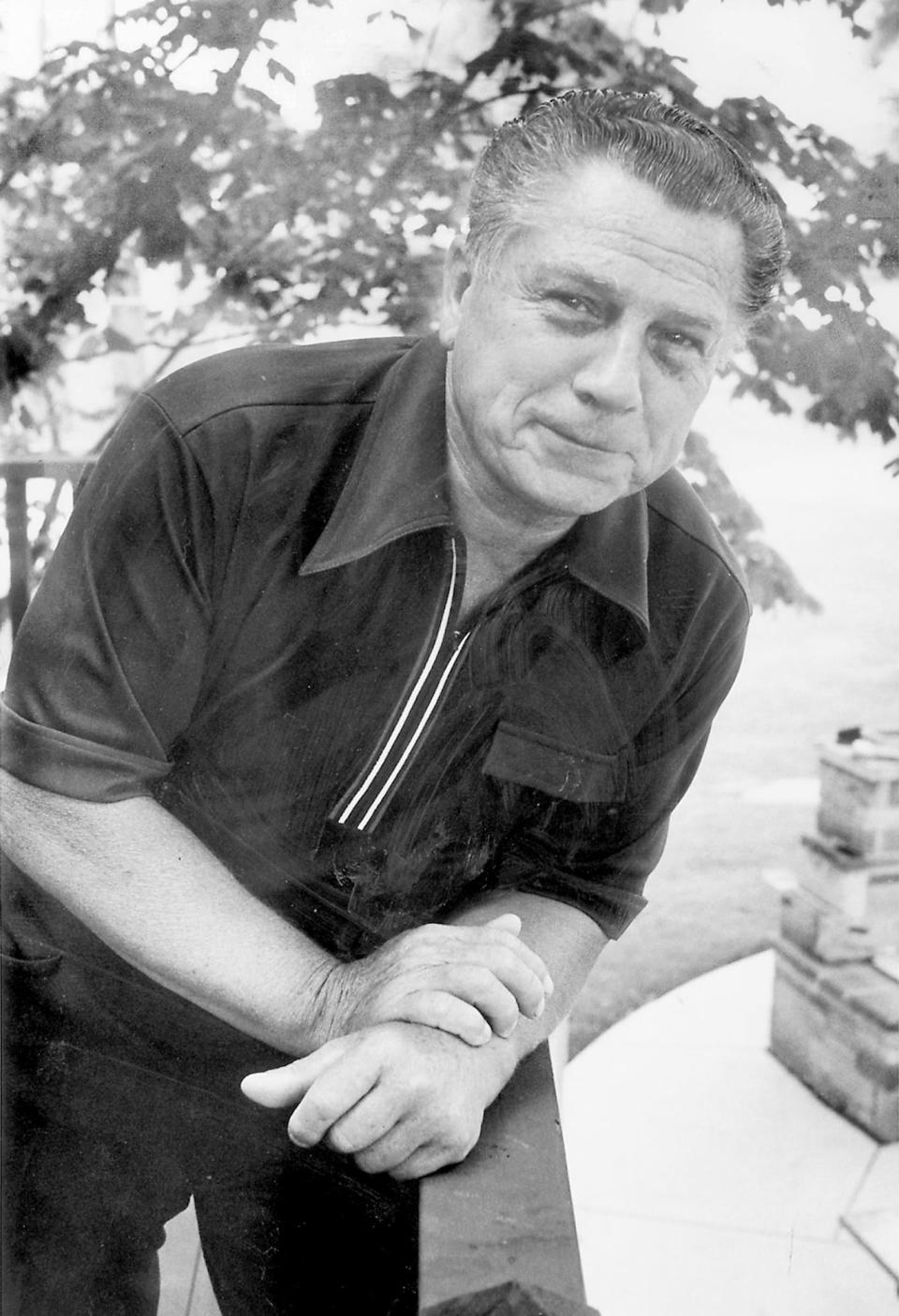
O’Brien stays a few more minutes, but I have the strong impression that the reason for the visit is to get this story out. I feel reassured that he has told Orr and me the same thing. But in the morning our editors feel it means nothing. If O’Brien, who does not have a reputation for truthfulness, has told such a weird tale ― not in his interest to begin with ― it must be irrelevant and worthless. The real news, as we quickly confirm, is that Jimmy Hoffa has vanished. O’Brien is a sideshow and not to be mentioned.
I disagree. We learn from Hoffa’s family that he disappeared on his way to a meeting with Tony Giacalone that never occurred. According to other sources, Giacalone was visible at a Southfield health club all day long.
Hoffa had parked his car at the appointed meeting spot, the Machus Red Fox Restaurant in Bloomfield Township, 15 miles northwest of Detroit. He waited for a long time, making several calls to complain that no one had shown up. Eventually, someone did pick him up, and he was never seen again.
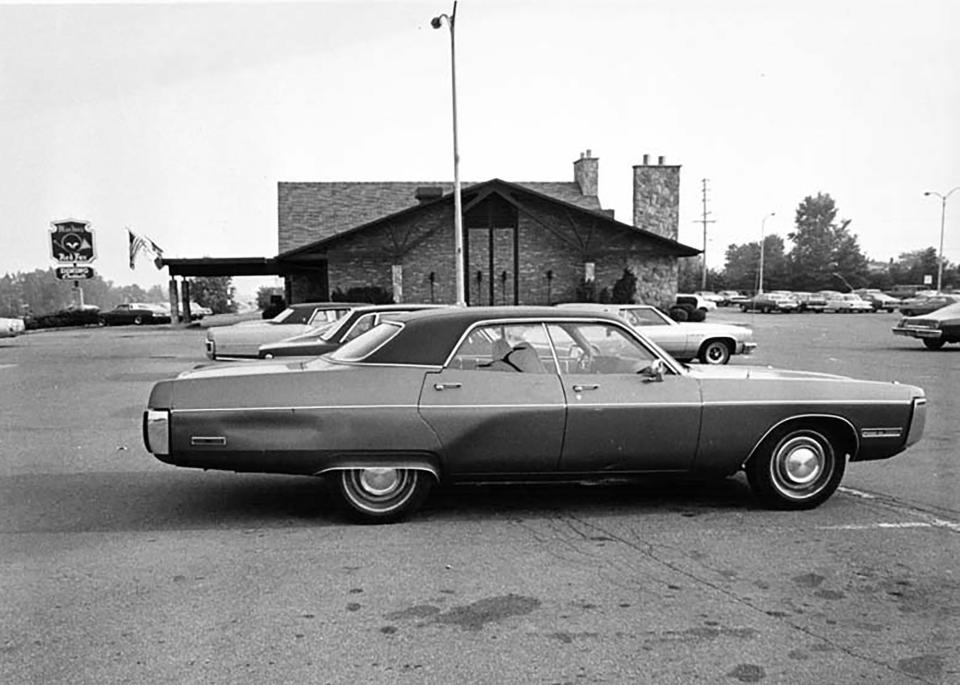
Hoffa was close to Chuckie and would not have worried about getting into a car with him. During the time Hoffa vanished, Chuckie was driving a car that belonged to the son of the man who arranged the meeting. I’m seeing too many coincidences.
When my editors refuse to let me tell O’Brien’s story in that day’s newspaper, I feel a deep conflict between my duty as a citizen and my role as a journalist. As a rule, I do not give law enforcement officials information I cannot publish. But the Hoffa disappearance is different. Something in O’Brien’s story might save Jimmy Hoffa’s life.
So, I go to see the U.S. Attorney, a man I do not know, and tell him in confidence exactly what O’Brien told Orr and me. At this point, local police are still running the case, but the FBI has been called in to consult, and the U.S. Attorney will eventually run the Hoffa grand jury.
Chuckie’s story first appears in our competitor, The Detroit News, citing federal sources. The Free Press runs it the following day. I don’t like being scooped on my own story, but I feel I have done the right thing.
Joe Giacalone’s car is seized and searched. Dogs indicate the presence of Jimmy Hoffa’s scent in the back seat. There is blood in the car, but it belongs to the fish. Investigators do find the only physical clue they will encounter in the entire Hoffa investigation: a three-inch human hair in the back seat. Not until 2001, twenty-six years later, will DNA analysis show the hair belonged to Jimmy Hoffa. This will not suffice for prosecution.
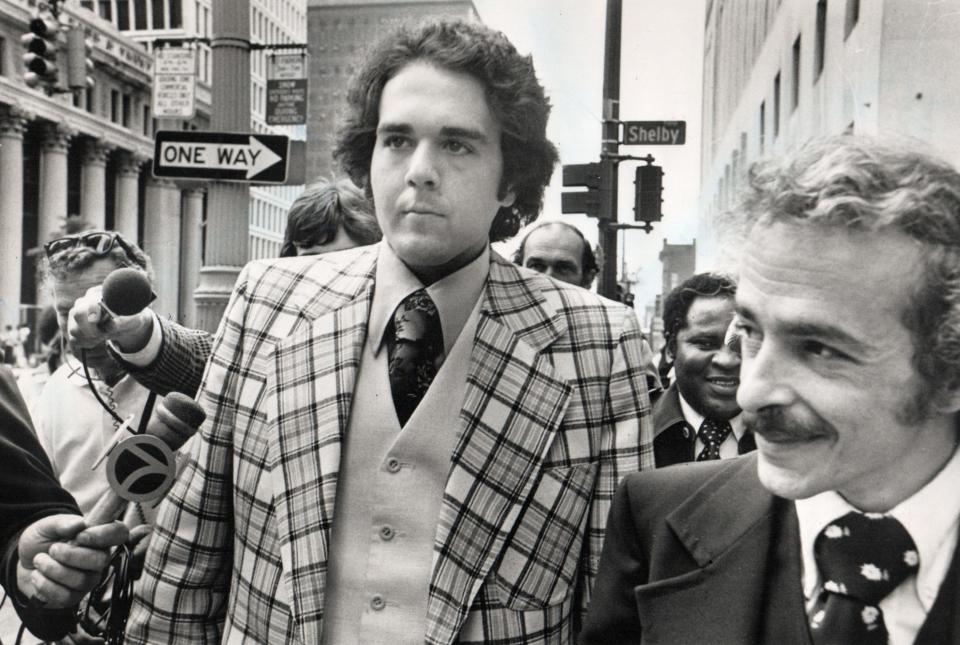
The working theory of the case, which has never been closed, is that Chuckie O’Brien drove Giacalone’s car to pick up Hoffa on the day he disappeared. Chuckie cannot give a satisfactory account of his whereabouts between 2:30 p.m. and 4 p.m., the window of time in which Hoffa vanished.
Until I read a well-researched and sympathetic book written many years later by O’Brien’s stepson, I do not realize O’Brien has misled his family and investigators about several critical things. He has told them he spent the entire night after Hoffa’s disappearance at the home of his friend Marvin Adell and did not learn Hoffa was missing until the next day.
Not true. He drives or is driven by someone to Grosse Pointe, where I see him and put him on the phone to Orr. Chuckie tells me Jimmy is missing, and the Hoffa family is upset. But they have not spoken to him yet. So how does he know Hoffa has disappeared? And why, if he is not involved, does he lie afterward about when he knew?
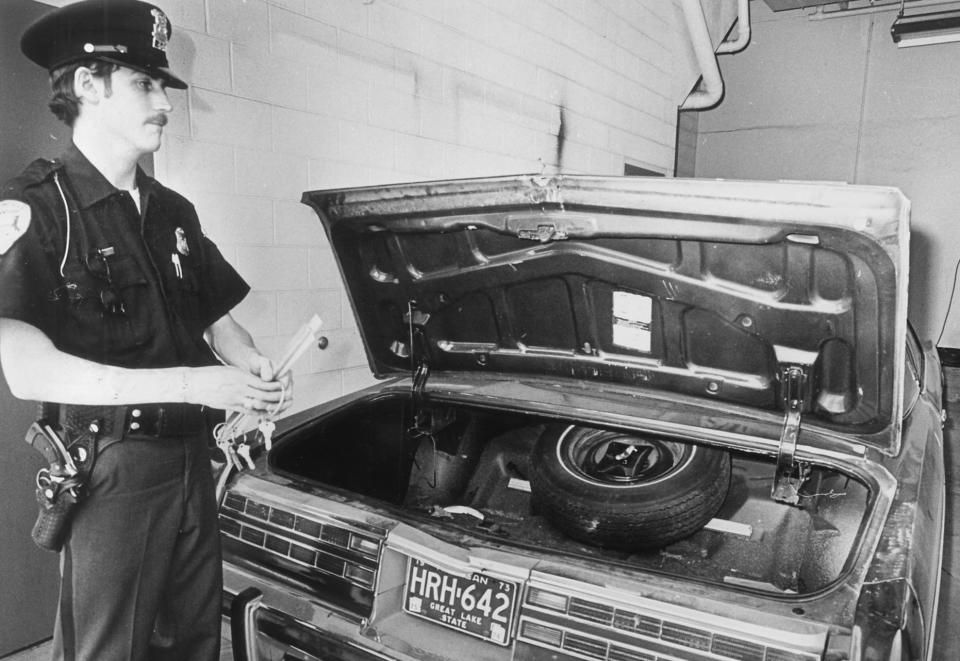
The story of Hoffa’s disappearance balloons into a national and then an international story. Phony calls pour in with Hoffa sightings and imaginary burials as the days turn into weeks and months. The Free Press puts Orr and me on a team with Fred Girard, who writes quickly and well, and freelancer Dan Moldea, who later writes a book and becomes a Hoffa expert. Orr stays in touch with the Hoffa family. Other staff members put hundreds of hours of reporting time into the story.
O’Brien leaves Detroit for Florida almost immediately after Hoffa’s disappearance, returning for interviews with the FBI. O’Brien will continue to live until February 2020, but I will never see or speak with him again.
©: Jo Thomas For more information: https://jothomasjournalist.com
This article originally appeared on Detroit Free Press: Journalist says Chuckie O'Brien visited her after Jimmy Hoffa vanished

